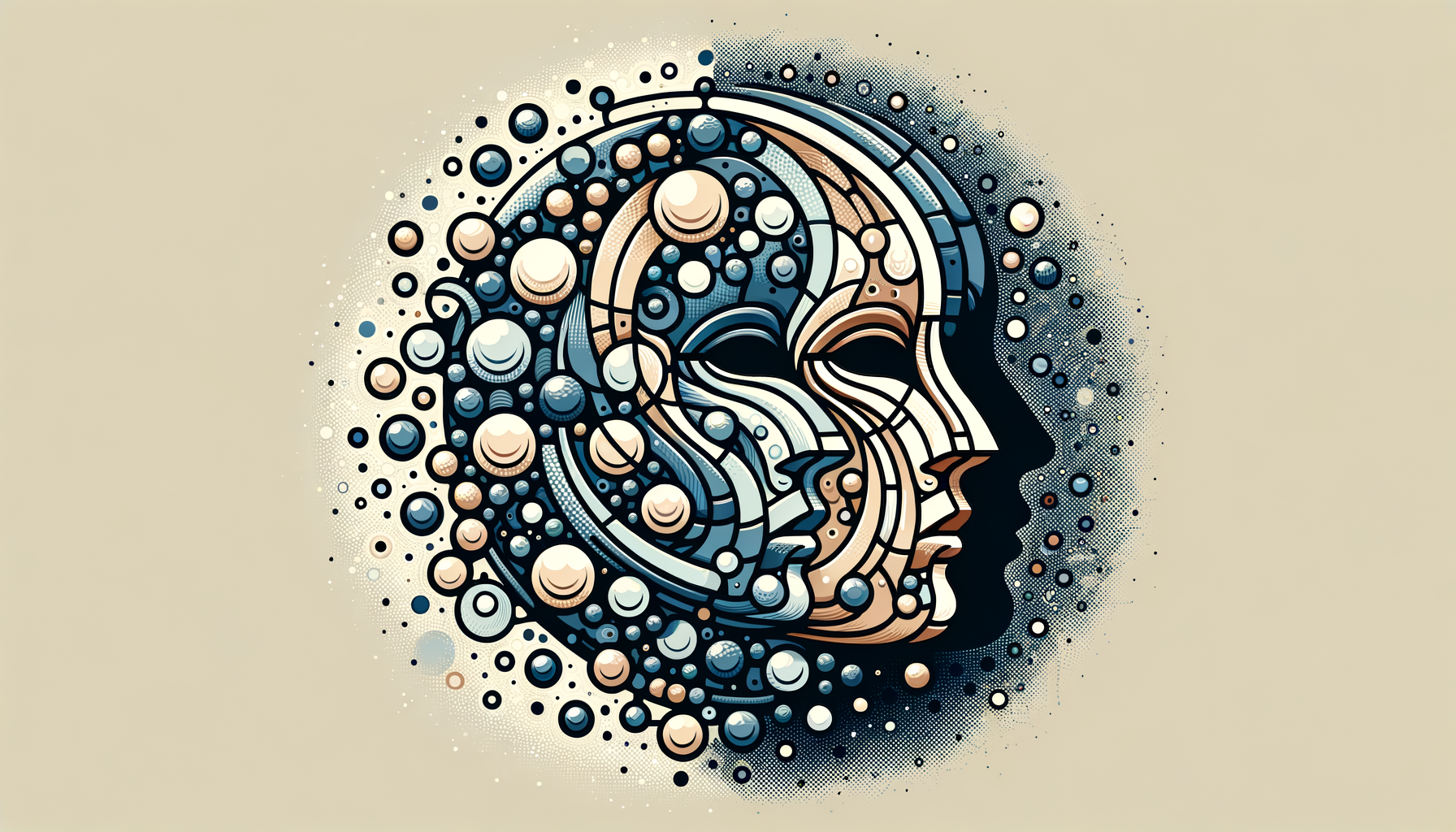The stories you grew up with are like heirlooms—each one passed down, polished by retellings, and revealing something about who you are. In my family, the stories piled high like the Rockies, equal parts funny, heartwarming, and occasionally, downright absurd. They’re the glue that holds us together, the secret sauce of our resilience, and, now that I think about it, the reason I inevitably end up being the guy who tells “just one more” story at the dinner table.
Growing up in Boulder, surrounded by activist parents and rotating ensembles of poets, musicians, and staunch defenders of the environment, my family’s stories were as much about the planet as they were about people. Here are a few that shaped me—and whether you’re navigating family debates or a budding relationship, they might just resonate with you too.
The Great Compost Debacle: Lessons in Adaptability
You haven’t lived until you’ve witnessed two environmental activists arguing over whether banana peels belong in the “hot” compost or the “cold” compost. This was a scene I remember vividly—my dad, a high school biology teacher turned conservationist, and my mom, who swapped her hiking boots for working with local food justice programs, stood in the kitchen one winter, locked in a heated argument. The debate wasn’t just about organic waste; this was a battle of ideals, efficiency versus process.
At first, it seemed trivial—like the environmentalist’s equivalent of arguing about loading the dishwasher. But looking back, it epitomized how much my family cared about the details. My parents were always invested in the long game, whether it was the health of a compost pile or a relationship. The takeaway for me? Good partnerships require flexibility. Someone’s always going to have to clean the food processor. Sometimes it’ll be you, and sometimes you’ll be standing your ground about banana peels while the other person rolls their eyes.
The lesson here isn’t just for family Christmases where debates about carbon footprints abound—it’s for life and love, too. Compatibility isn’t agreeing on everything outright; it’s agreeing on what matters most. And also knowing when to let the banana peels go.
Uncle Ted Versus the BBQ: Recognizing When to Let Things Burn
Every family has That One Uncle. You know, the one whose stories are half-truths but delivered with such conviction that you want to believe them. For us, it was Uncle Ted—and his relationship with our family traditions was as volcanic as it was hilarious.
Ted would appear sporadically at holidays, each time bringing a new invention he swore would “change the way we live.” I won’t bore you with all of them, but the infamous BBQ incident of 1997 is a standout. Uncle Ted, ever the innovator, decided to “improvise” on our camping trip menu by throwing canned pineapple into the coals “for flavor.” Long story short, we spent that night choking on pineapple-infused plumes of smoke while Ted insisted it was a “Hawaiian technique.”
What stayed with me—beyond the immortalization of the story itself—was the importance of humor and perspective. Nobody wanted to eat carbonized pineapple, but sitting around the fire and laughing about it later? That was priceless. To this day, I remind myself (and sometimes skeptical dates) that it’s okay to embrace a little chaos. Relationships don’t need to be perfectly grilled steak; sometimes they’re charred pineapple, and that's okay.
Grandma’s Porch Philosophy: On Knowing When to Listen
My grandma Carla was a poet. Not officially, but in the way she wove wisdom into everyday conversations that you’d only realize were profound years later. She lived for decades in a modest house outside Boulder, where we’d gather on her porch with mismatched chairs and chipped mugs of her mint tea. Carla had this way of sitting quietly, not interrupting the cacophony of my very loud, opinionated family except when absolutely necessary.
One summer, I asked her how she stayed so calm amid the chaos. She smiled, handed me extra honey for my tea, and said, “Sometimes it’s better to listen to people than to solve them.”
I couldn’t even begin counting the relationships (romantic or otherwise) where I’ve deployed Carla’s porch philosophy: shutting my pie hole. There's a time to be opinionated and dogmatic and a time to sit back and sip the metaphorical (or literal) tea. Spoiler alert: if you’re debating pineapple BBQ styles, choose tea.
As we forge connections—whether family ones or those with a new partner—listening isn’t just about the words. It’s paying attention to what someone does, their patterns, what they care about. Carla’s wisdom didn’t come with a “how-to” guide, but her example taught me to look for what’s unsaid, to decode silences, and maybe to loan someone a chair to sit with me until they’re done processing.
The Art of the Weird Tradition
My parents had a tradition every summer: Last Sweep Saturday. It was this absolutely bonkers day of deep-cleaning our house, but with a twist—they turned our chores into a game. Sweeping, dusting, vacuuming—each became part of a challenge to earn “points” that were mostly bragging rights. We’d blast ‘60s protest rock, write “team names” on chalkboards, and bicker over whose baseboards were cleaner.
At the time, I thought it was just some quirky thing my parents did to make scrub brushes more tolerable. Turns out it was their way of making me feel connected to all of it—to our family, to the rituals that kept us grounded. They didn’t teach me to avoid the mess; they taught me to enjoy the process of fixing things up.
These days, I think about Last Sweep Saturday often, usually in totally unrelated moments: showing up early for a date to help rearrange chairs for a barbecue or solving a late-night communication snafu with a partner who does not understand my love for Post-it notes. Building relationships, like cleaning houses, requires consistent effort and a willingness to laugh in the middle of it all. Holding onto playful traditions, no matter how strange, keeps the everyday from feeling too… routine.
Conclusion: What’s Your Family Story?
If my family taught me anything, it’s that our stories shape us as much as we shape them. Whether it’s resolving a debate about compost, watching someone burn pineapple, or embracing all the weird traditions that make life hum, I’ve learned that our bonds aren’t just in our shared DNA. They’re in the lessons and laughter we pass along the way.
So, what are the stories in your family? What are the moments that have stuck with you, shaped your identity, or sneaked into your love life in surprising ways? If you’re lucky, they’ll have been as imperfect, chaotic, and unforgettable as mine were—and still are. Now, if you’ll excuse me, the compost bins are calling.




















